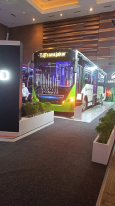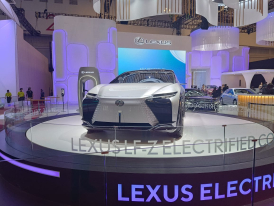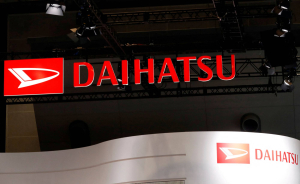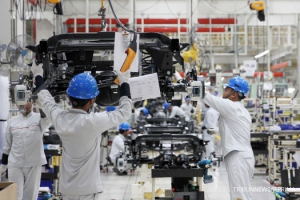Astra Otoparts budgets IDR 500 billion Capex for business expansion, EV components
Automotive component producer PT Astra Otoparts Tbk (AUTO) has budgeted IDR 500 billion (US$ 32.92 million) Capital expenditure (Capex) to facilitate its work in the new type of Original Equipment of Manufacturer (OEM), implementation of digitization and automation. The company will also expand its business to the electric vehicle (EV) components.
Astra Otoparts was founded in 1976 under the name PT Alfa Delta Motor, which engaged in automotive trade, engine assembly and construction. Since 1997, the company became Astra Otoparts that focused on producing automotive components and distributing spare parts for various vehicles. The company has 4 business units, 11 consolidated subsidiaries, 20 associations and joint-venture entities and 13 subsidiaries. Its main customer brands include Toyota, Daihatsu, Lexus, Isuzu and others. Its affiliated manufacturing companies include SKF, Denso, IGP and many more.
Focusing as EV main player
Astra Otoparts has established its 2023 strategies by using the Capex to increase of its business growth and prioritize the new type of OEM, digitization and EV.
In 2022, the company earned IDR 18.58 trillion, a 22.64% increase from 2021 which was only at IDR 15.15 trillion. It recorded a net profit of IDR 1.32 trillion, a staggering 117% increase compared to 2021 of IDR 611.34 billion.
Astra Otoparts Director Wanny Wijaya said the company would seek a growth in its working-rate in two main businesses: manufacturing and trading. Its projection in the manufacturing segment is inline with the company's target as set by the Association of Indonesian Automotive Manufacturers (Gaikindo) and the Indonesian Motorcycle Industry Association (AISI).
"As for our trading segment, we refer to the number of units in operation," Wijaya told kontan.co.id on February 22, 2023.
The company will improve portfolio in its process, digitalization and automation to facilitate productivity in its manufacturing segment.
"We continue to implement strategies that focus on operational excellence in achieving cost leadership and efficiency," said Wijaya.
One of its recent portfolios is the preparation of its Astra Otopower EV charging machine to support the rising EV infrastructure. The company wants to become the main player in the automotive component industry, which includes EV.
"We look at each component one by one and develop several potentials or business opportunities that we can explore," Wijaya added.
Risks in automotive spare parts industry
However, the company needs to observe the production capabilities o become a main player in the industry.
According to Equity Research Analyst at Phintraco Sekuritas, Rio Febrian, a number of positive catalysts for the company's work rate - including the increasing mobility of the public, the macroeconomic conditions and government regulations - should be taken seriously. Those factors indicate a strong increasing demand for automotive products.
The coming Eid holidays would be a momentum for the public as there will likely be an increasing number of vehicles during the massive exodus in April 2023. This would create a high demand and also income for the company.
Already have an account? Sign In
-
Start reading
Freemium
-
Monthly Subscription
30% OFF$26.03
$37.19/MonthCancel anytime
This offer is open to all new subscribers!
Subscribe now -
Yearly Subscription
33% OFF$228.13
$340.5/YearCancel anytime
This offer is open to all new subscribers!
Subscribe now






